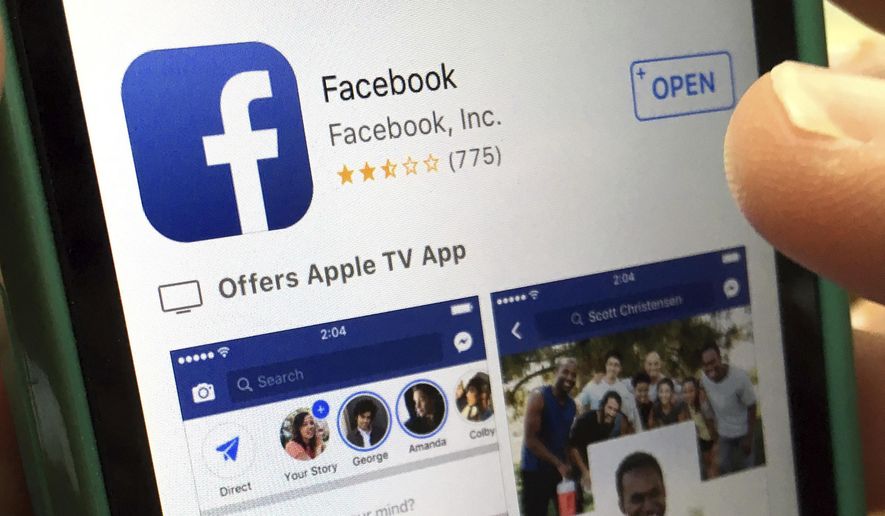Facebook is scrapping its “disputed” tags on potentially fake news stories after finding that the system may have actually further entrenched people’s beliefs, the company said Thursday.
Facebook product designer Jeff Smith, user experience researcher Grace Jackson and content strategist Seetha Raj wrote in a Medium post that after a year of testing the “disputed” flagging system, which was determined by third-party fact-checkers, Facebook decided that including a list of related fact-checking articles on potentially fake news posts was a more effective way of cracking down on the spread of misinformation.
“We learned that dispelling misinformation is challenging,” they wrote. “Just because something is marked as ’false’ or ’disputed’ doesn’t necessarily mean we will be able to change someone’s opinion about its accuracy. In fact, some research suggests that strong language or visualizations (like a bright red flag) can backfire and further entrench someone’s beliefs.”
They added, “Although the disputed flag alerted someone that fact-checkers disputed the article, it wasn’t easy for people to understand exactly what was false. It required too many clicks, and those additional clicks made it harder for people to see what the fact-checkers had said about the disputed story.”
Facebook found that related articles, which appear in people’s news feeds before they click on the article, led to fewer shares of the hoax article than disputed flags.
The group said academic research supports the idea that providing context for a post containing misinformation “can significantly reduce misperceptions.”
• Jessica Chasmar can be reached at jchasmar@washingtontimes.com.




Please read our comment policy before commenting.